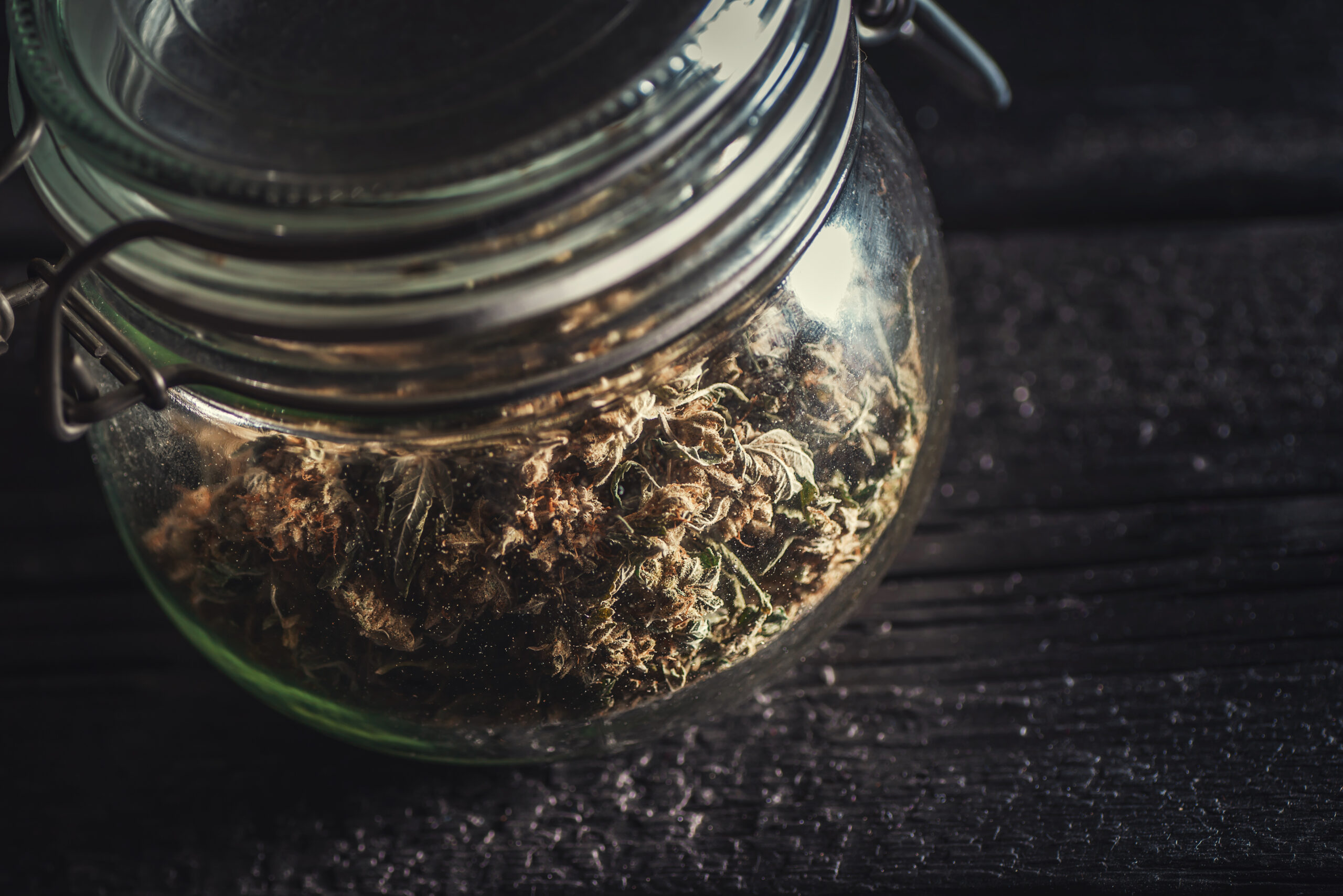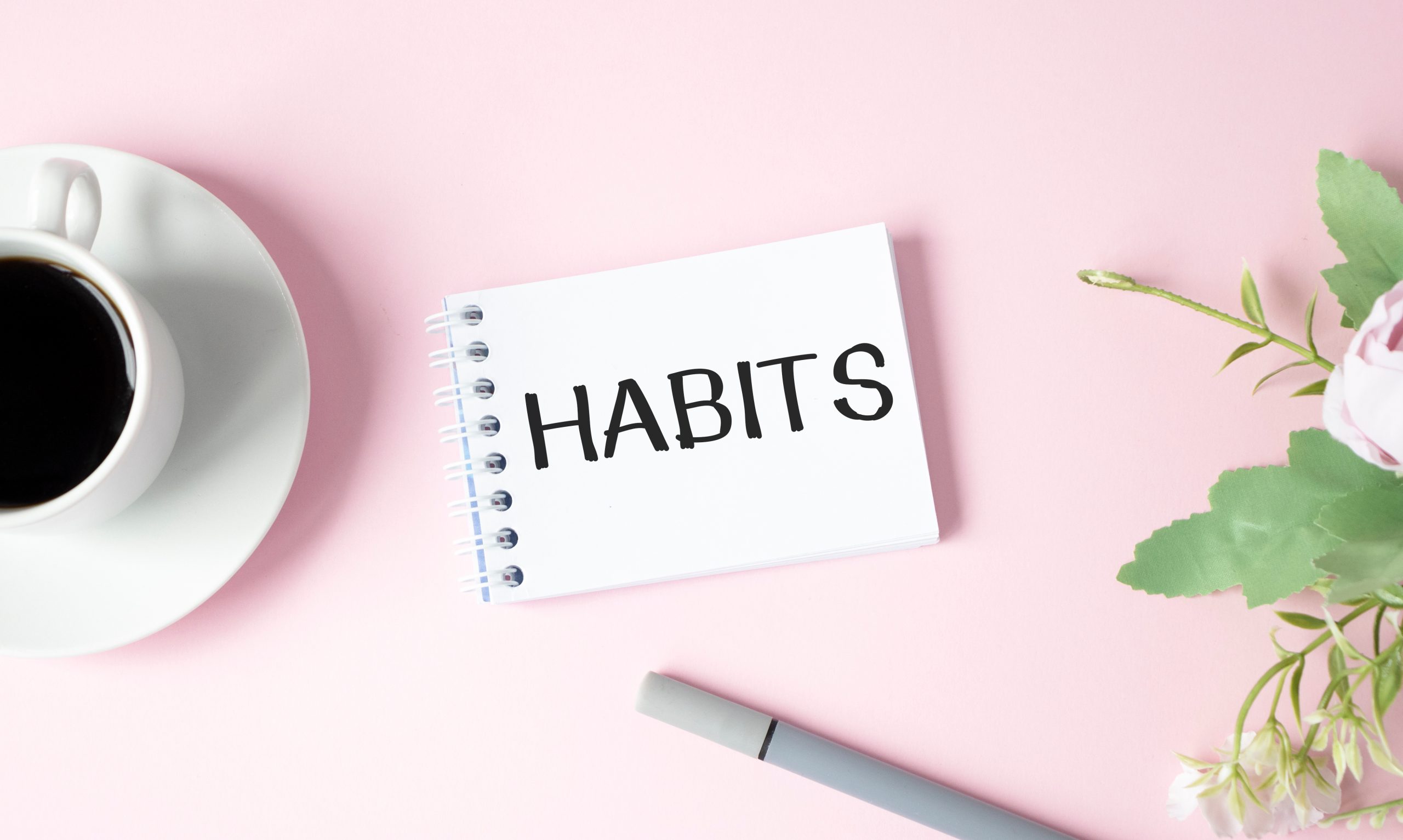The surge in pediatric cannabis poisonings, primarily due to enticing weed gummies, poses a severe threat to children’s health across the United States.
Story Highlights
- Pediatric cannabis poisoning cases have skyrocketed, with over 22,000 incidents in 2024 alone.
- Gummies resembling candy are the primary culprits, leading to severe symptoms like seizures.
- Healthcare systems are strained by the rising number of emergency and intensive care cases.
- Regulatory and parental awareness gaps are exacerbating the crisis.
Escalating Pediatric Poisonings from Cannabis Edibles
In recent years, the U.S. has witnessed a dramatic increase in pediatric poisonings due to cannabis-infused edibles, particularly gummies that mimic regular candy. With over 22,000 cases reported in 2024, hospitals and poison control centers are overwhelmed by the influx of young patients suffering from severe symptoms such as seizures and respiratory depression. This public health crisis highlights critical gaps in regulation and parental awareness, which are contributing to the growing number of accidental ingestions.
The legalization of recreational marijuana, beginning in the late 1990s and accelerating through the 2010s, has led to increased availability of cannabis edibles in households. Initially, these products lacked child-resistant packaging and clear labeling, making them particularly attractive to children. Consequently, states with legalized recreational cannabis have reported a significant rise in pediatric admissions related to accidental ingestion of edibles, underscoring the urgent need for stricter regulations and public education.
➡️https://t.co/J4GxylmiNy⬅️ NYT consulted w/ ACMT Members, @rghendrickson and Laurén Murphy, MD, for this article addressing the recent rise pediatric #cannabis exposures. #MedToxTuesday #MedToxMedia pic.twitter.com/lzkkXtwLIA
— American College of Medical Toxicology (@acmtmedtox) August 26, 2025
The Healthcare System Struggles to Cope
Healthcare providers, including pediatricians and toxicologists, are on the front lines, treating rising numbers of children affected by cannabis poisoning. The severity of symptoms, ranging from seizures to life-threatening breathing problems, places a considerable burden on emergency rooms and intensive care units. Hospitals, especially in states with legalized cannabis, are facing increased caseloads and healthcare costs, leading to calls for enhanced safety measures and preventive strategies.
Despite the evident need for reform, there remains a tension between the cannabis industry’s interests and public health advocates. While some policymakers propose bans on child-appealing edibles and stricter sales controls, the cannabis industry argues for balanced regulation that respects legalization mandates. This ongoing debate reflects broader societal tensions over cannabis legalization and child safety, with potential regulatory backlashes and innovations in child-resistant packaging on the horizon.
Striking a Balance Between Regulation and Awareness
As the crisis unfolds, the role of regulators and policymakers becomes increasingly critical. Ensuring that cannabis edibles are packaged in a manner that minimizes accidental ingestion by children is paramount. Additionally, increasing parental awareness about the risks associated with cannabis edibles is essential to prevent further incidents. Public health campaigns and stricter regulations could mitigate the impact of this crisis, protecting vulnerable populations and alleviating the strain on healthcare systems.
The rising trend of pediatric cannabis poisonings serves as a stark reminder of the unintended consequences of legalization. As the nation grapples with this growing public health challenge, it is imperative that stakeholders, including healthcare providers, regulators, and the cannabis industry, work collaboratively to safeguard the well-being of children while respecting individual freedoms and regulatory frameworks.
Sources:
Chalkbeat Detroit: Michigan Record Number of Kids Reported Hospitalized from Cannabis 2024
Fox News Digital: Cannabis Gummy Poisonings Surge Among Vulnerable Group, Experts Warn
Geisinger Health: Protecting Our Children from the Rising Threat of Marijuana Edibles
U.S. Pharmacist: Cannabis Edibles and Pediatric Toxicity Risk
Frontiers in Toxicology: THC Dose-Response, Clinical Review









